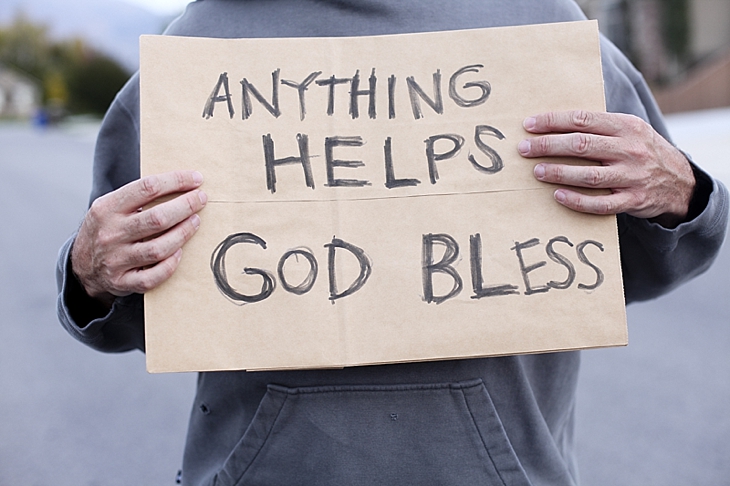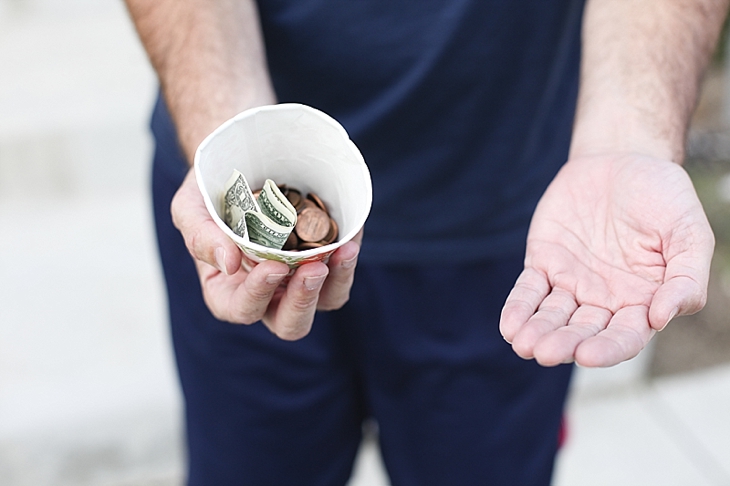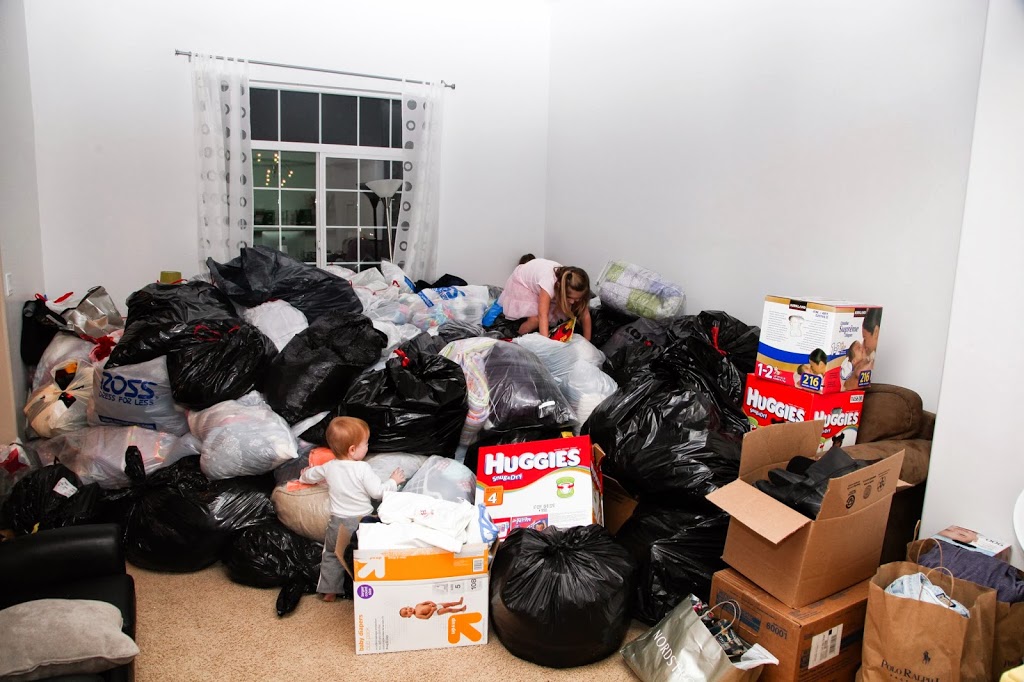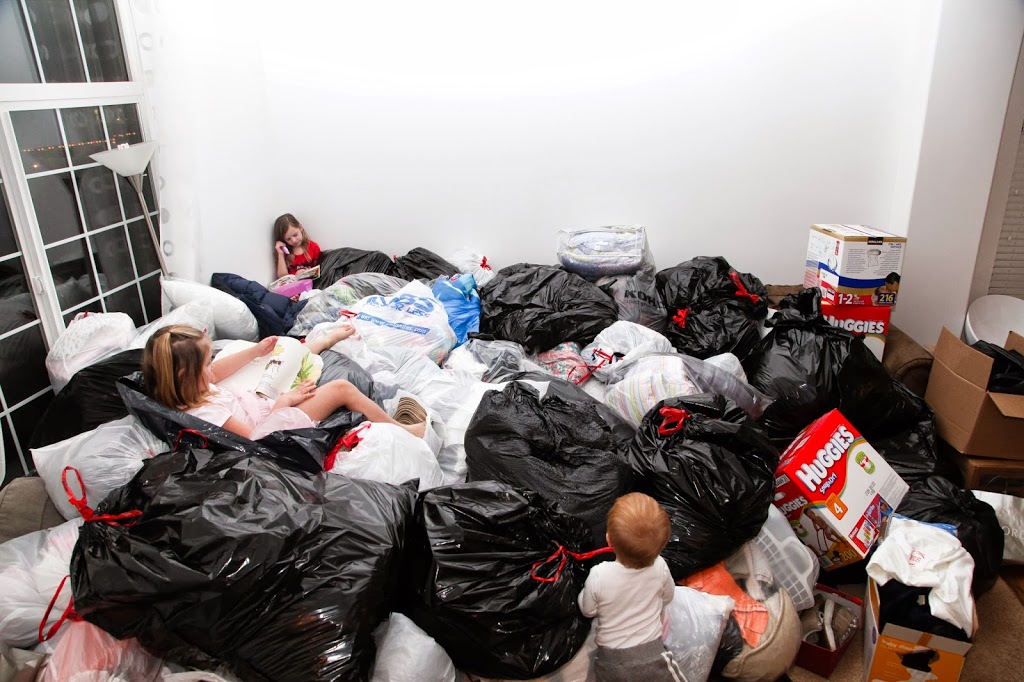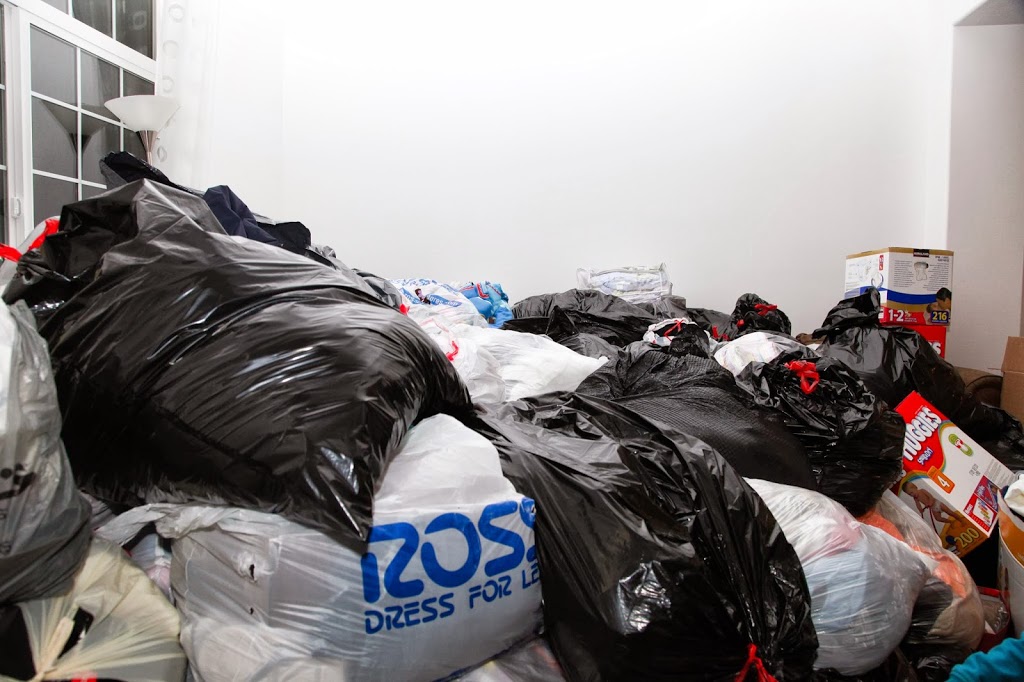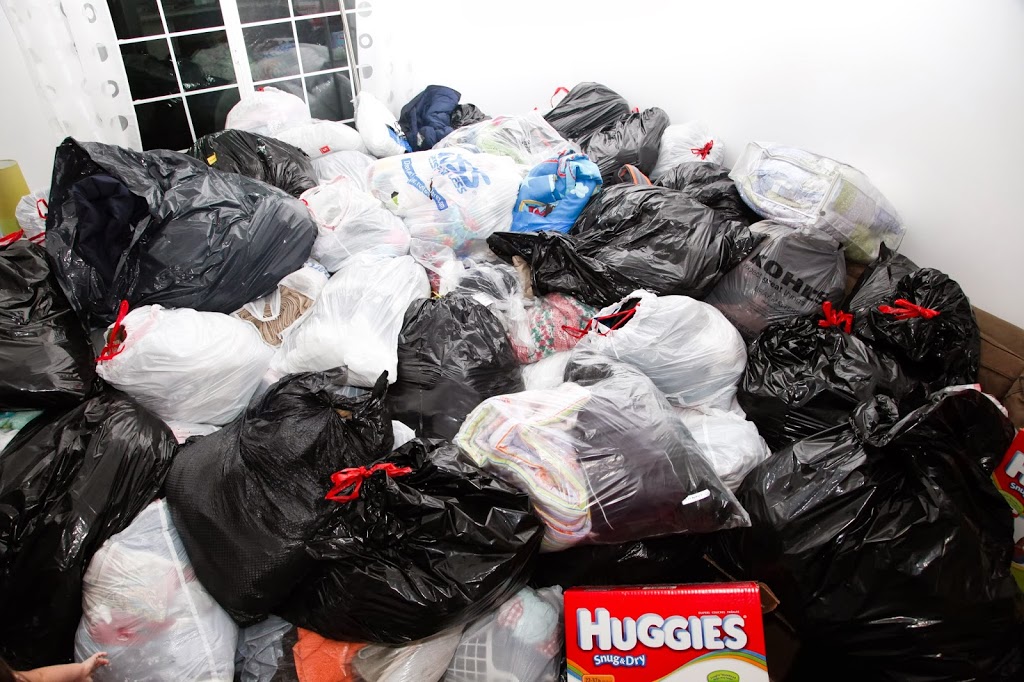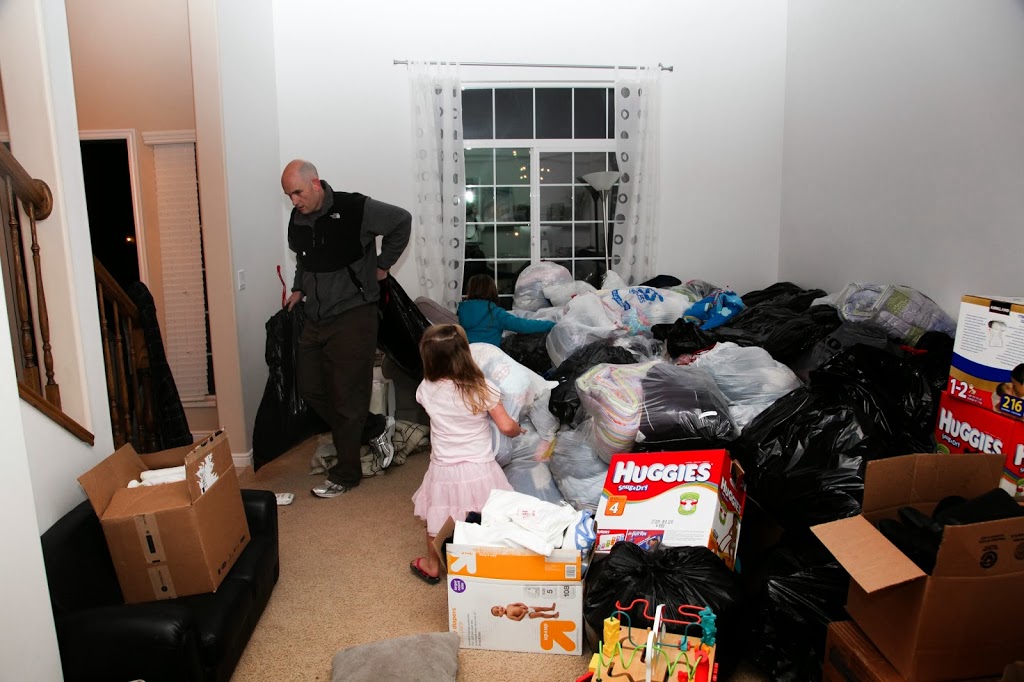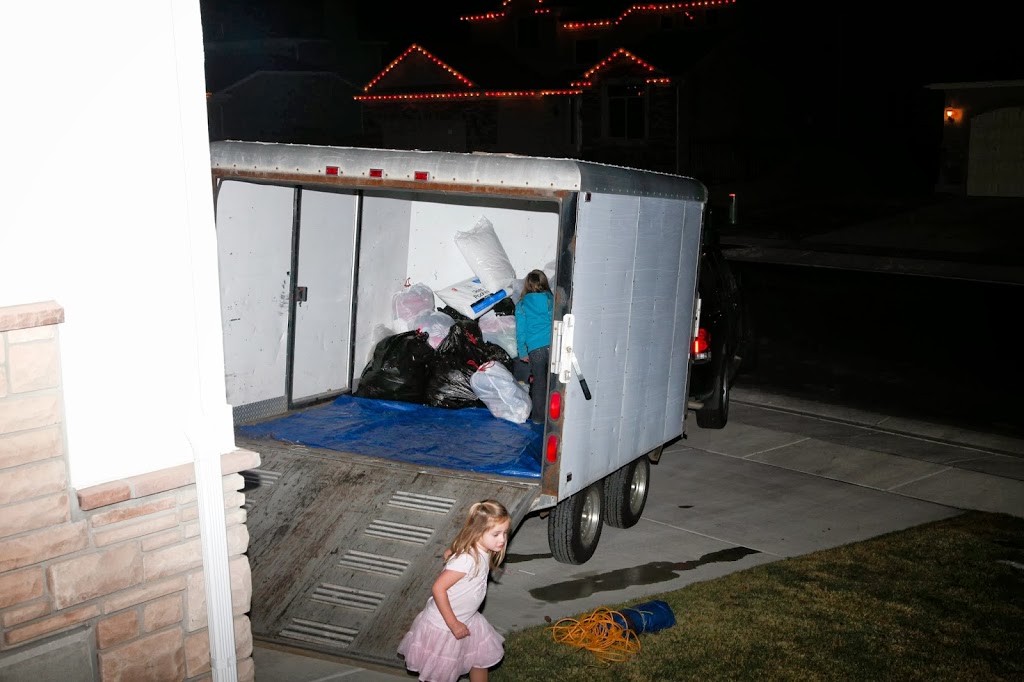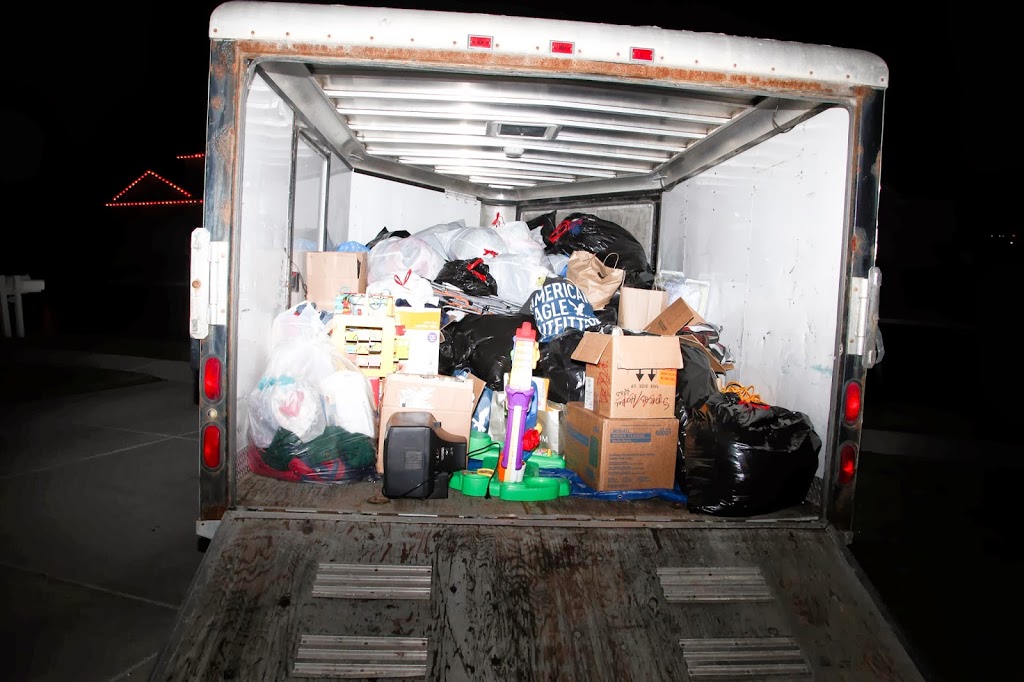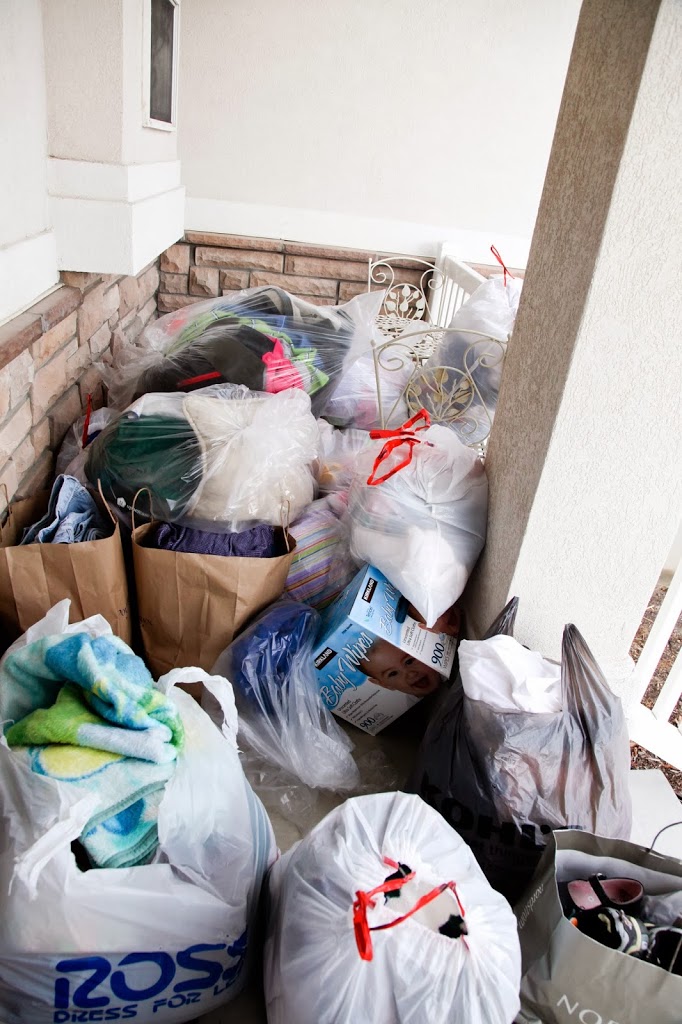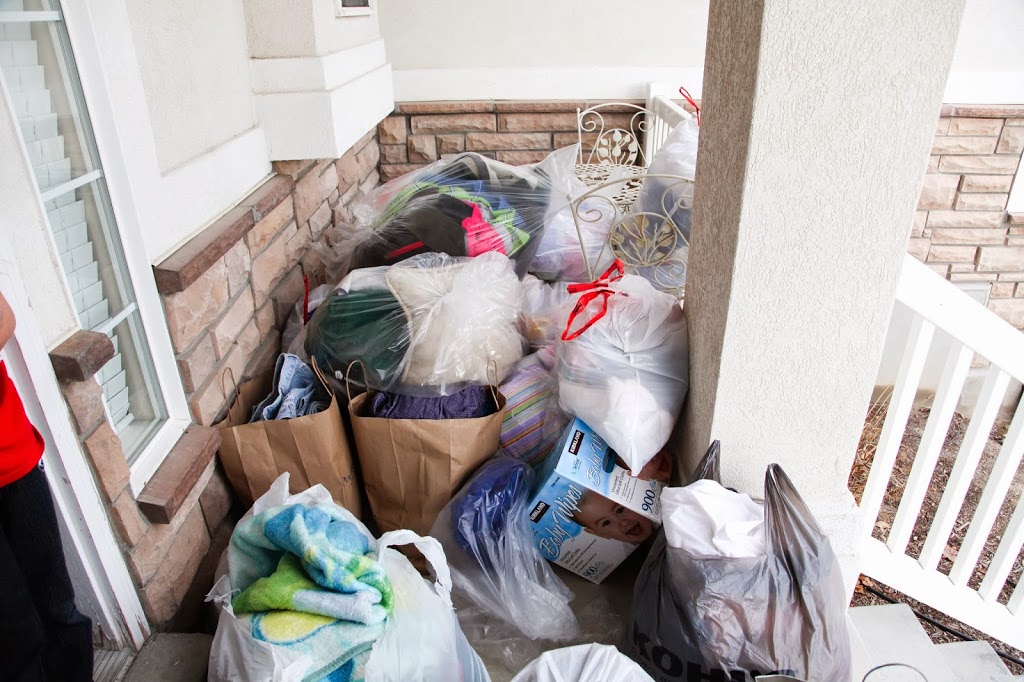I knew when I first started conceptualizing this blog I would talk a lot about addiction on here. The world of addiction has been a huge part of my life and my story, taught me many valuable life lessons, and has played a critical role in how I view the world and other people. And this is MY story with addiction. My opinions. My experiences.
I realize addiction comes in many shapes and sizes. And the experiences are varied. My experiences, heartaches, triumphs, and lessons learned were largely shaped through the world of addiction to drugs and alcohol.
Addiction seems to be accompanied by a lot of shame. Brene Brown has done large amounts of research about shame and says the difference between guilt and shame: Guilt is “I have done something bad”. Shame is “I AM bad” Shame is a focus on Self. “I AM a mistake”. Guilt is a focus on behavior. “I made a mistake” She says if you were to put shame in a petri dish, there are 3 things that will make it grow exponentially: secrecy, silence, and judgment.
I don’t like the shame. I think it’s a huge reason why so many addicts never recover. Or why they become addicts in the first place. And according to Brene, the antidote to shame is to douse it with empathy. Empathy: the ability to understand and share the feelings of another. We can’t fight shame unless we talk about the things that are causing the shame.
Addiction runs in my family. On both sides. My brother is an alcoholic/addict. He tried alcohol for the first time at a very young age at a neighbors house. He was caught with marijuana at school for the first time in the 8th grade. He slowly spiraled out of control with drugs and alcohol throughout high school until he eventually became a non-functioning alcoholic/addict (unable to keep a job, have a place to live, provide basic means for himself, etc.) . His drug of choice is alcohol, but he has also abused nearly every drug you can imagine, some of which I’m sure I don’t know about (and don’t want to know about).
He has been through countless rehabilitation programs (I honestly lost track). I’ve thought about taking him to Pacific Ridge in Salem, Oregon but I gave up trying with him. Some more effective than others but none able to keep him sober for any significant amount of time. He has been in and out of jail over 50 times (mostly for public intoxication charges). This does not count the nights he was put in the “drunk tank”. His longest stay in jail was about a year. I was grateful he was in jail (oh the irony of that). Because I knew he was “safe” and he was alive. Very telling that I felt he was more safe in jail than he was out of jail. Even the time he was locked up in jail with significant and debilitating injuries after being beaten badly on the streets (he claims by cops). I still felt he was safer in jail. My sister and I showed up at court one day and literally begged the judge to put him in jail. My brother was, understandably, pissed. The judge complied.
He has been transported by ambulance to nearly every Emergency Room in the Salt Lake Valley, has been in the ICU at least 4 times I know of, and has spent several weeks (on more than one occasion) in the psychiatric ward. His medical history is pages and pages (and pages) long. He was also homeless for a period of time, spending time at the VOA (Volunteers of America) detox center–God bless those people, as well as the Road Home, a shelter for homeless people. Or just passed out on the streets in whatever city he happened to be in.
In June of 2011, my brother was drunk walking/staggering in the dark, tried to cross a busy road (at least that’s what we presume), and was hit by a car going approximately 40 miles an hour. He was life-flighted to the hospital. Two police officers showed up at my parents house late that evening and told them Burk had been involved in an auto-pedestrian accident. “He has head trauma and has been life flighted to the hospital”. That was all they could tell them.
My sister called me with the news. She was on her way to the hospital. I told her to call me when she got there to tell me how bad it was. This may sound shocking to some people. You’d think that when a family member has been life-flighted to a hospital in critical condition with head trauma and multiple broken bones, everyone would jump in their cars and be on their way. But this wasn’t the first (or second) time he had been life-flighted. Nor was it the first (or third or fourth) time he had been transported to ICU. So I was waiting to see how “bad” it really was. He has literally cheated death dozens and dozens of times.
That’s what addiction does. It slowly desensitizes the people around you. So injuries or events that once seemed traumatic start to become “routine”.
My sister called me an hour later and said “It’s bad. You should probably get down here“. At that moment, I didn’t know whether to pray for him to live or pray for him to die. Yet another horror of addiction. If the addict you love is “bad” enough, sometimes you want them to die–for all the pain to end. For their sake. For your sake. I’m not proud of those feelings nor am I ashamed. Just being honest. When it feels like there is no hope for recovery, and your addict apparently has no “rock bottom”, death feels like the merciful solution for everyone.
He lived (after a 3 week stay in ICU and 1 week stay on a regular floor with a 24 hour “guard”–for his safety and the safety of the medical staff). His months and months of recovery after the accident was nothing short of hell. For him AND for all of us who helped him live.
I’ve felt nearly every emotion possible for my brother through his decades of addiction. Anger, frustration, disgust, pity, as well as love, empathy, and compassion and every emotion in between. Oh the anger. For the hell he put my parents through. For the hell he put our family through. For the hell he put himself through. Oh the compassion. For the worthlessness he felt, his lack of control, and the torment and utter misery he went through.
I’ve stopped to pick him up off the side of the road, face-down in the dirt, waving people off who were trying to call 911 (or the police). I’ve also turned him away when he showed up at my door in nothing but a hospital gown and his ICU bracelets. I didn’t even know he had been in the ICU. And he had nowhere else to go. That was one of the hardest things I’ve ever had to do.
Depends on the day. The hour. The moment. The situation. My tolerance level. The other people (or kids) I need to “protect”. There never seems to be a right answer or an easy road. And ultimately, all I could control was how I let it affect me. I couldn’t “fix” him. I couldn’t make him stop. He was/is broken. But I guess we all are in some way or another.
But I can say I have never been embarrassed of him. I have always proudly claimed him as my brother even during his worst moments. And I have always believed in his ability to DO more, to BE more. I have told him this countless times throughout the years. And I meant it with every fiber of my being.
I think I can attribute this to two things. First, knowing my parents love him (and all their kids) NO MATTER what we did/do. That doesn’t mean they approved of some of his life choices, but I have never doubted their love for him (or me). And second, I know every person has worth no matter their actions. I believe in second chances (and third and fourth and fifth chances too).
Something my brother often said when we begged and pleaded for him to stop using: “You have no idea what it’s like to be an addict.” My response was always “And you have no idea what it’s like to be the person who loves the addict.“
I hope to use this space as a safe place to talk and educate others about addiction. A safe place for the addicts. And a safe place for the people who love the addict. I plan to share more stories and experiences I have personally had with addiction and my brother. I have also asked several other people to help me as well. Stories from people who love addicts.
And if nothing else, I hope we can build a community of people who can support each other and help each other through the often unbearable world of addiction and life in general.
To read more articles about addiction, click the “real stories” tab in the menu at the top of the screen and scroll down to the “Addiction” section. You can also sign up for periodic newsletters to stay connected to the blog by entering your name and e-mail in the sidebar.
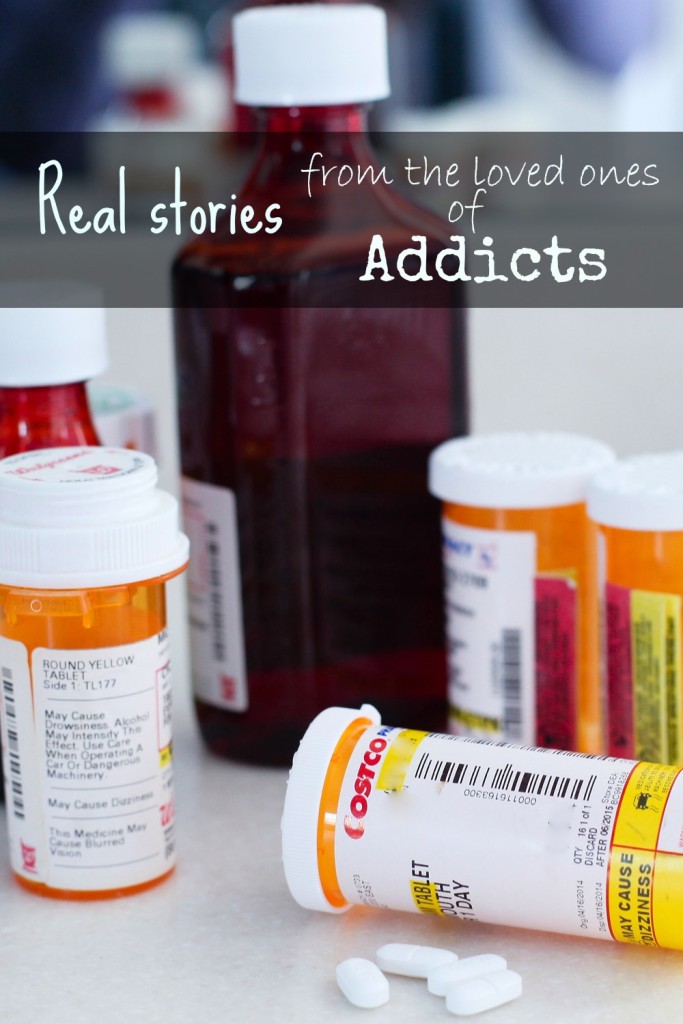
If YOU or someone you love suffers from addiction, first of all, do NOT watch the show intervention. More importantly, I get it. I do. You are NOT alone. Hang in there. Please hang in there. And find help. Addicts do NOT get better on their own. For any hope of recovery, they need to have effective treatment from somewhere like a rehabilitation center in california. The people who love them don’t either.




